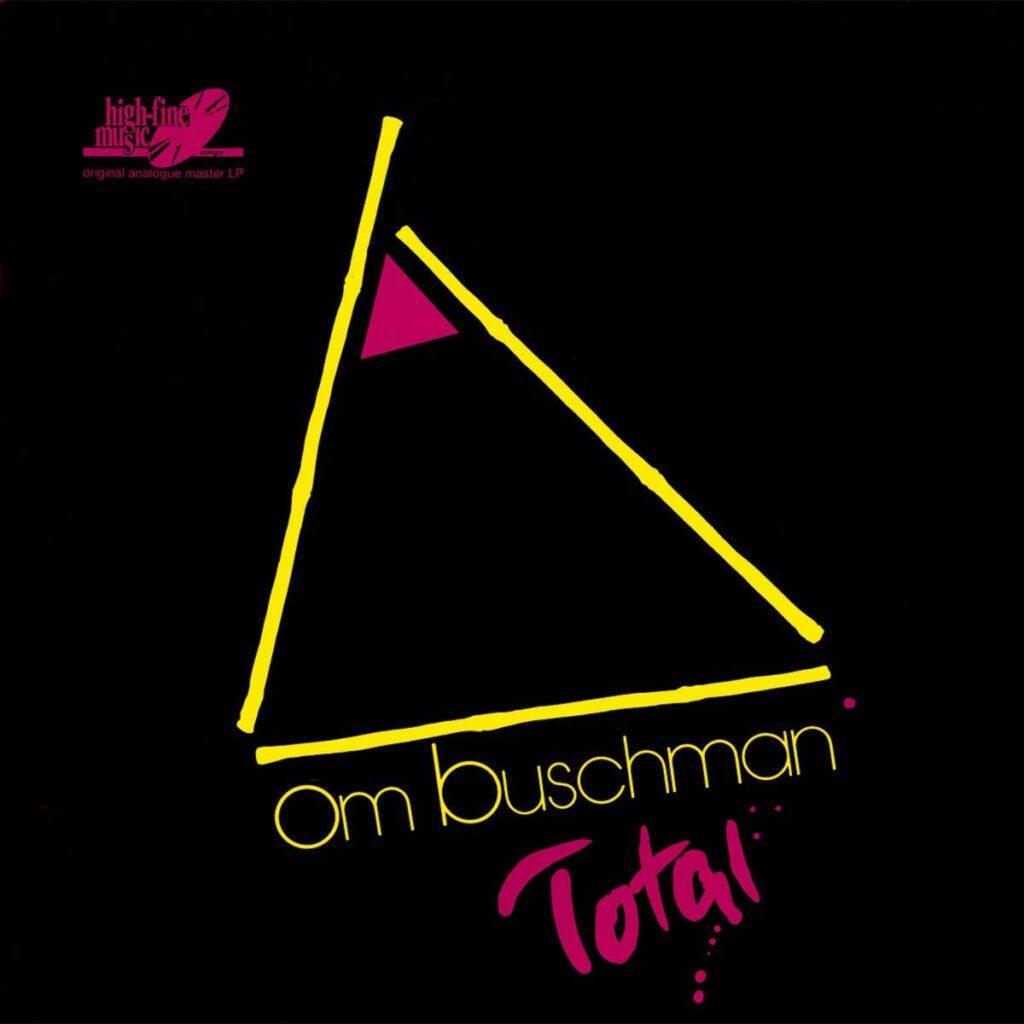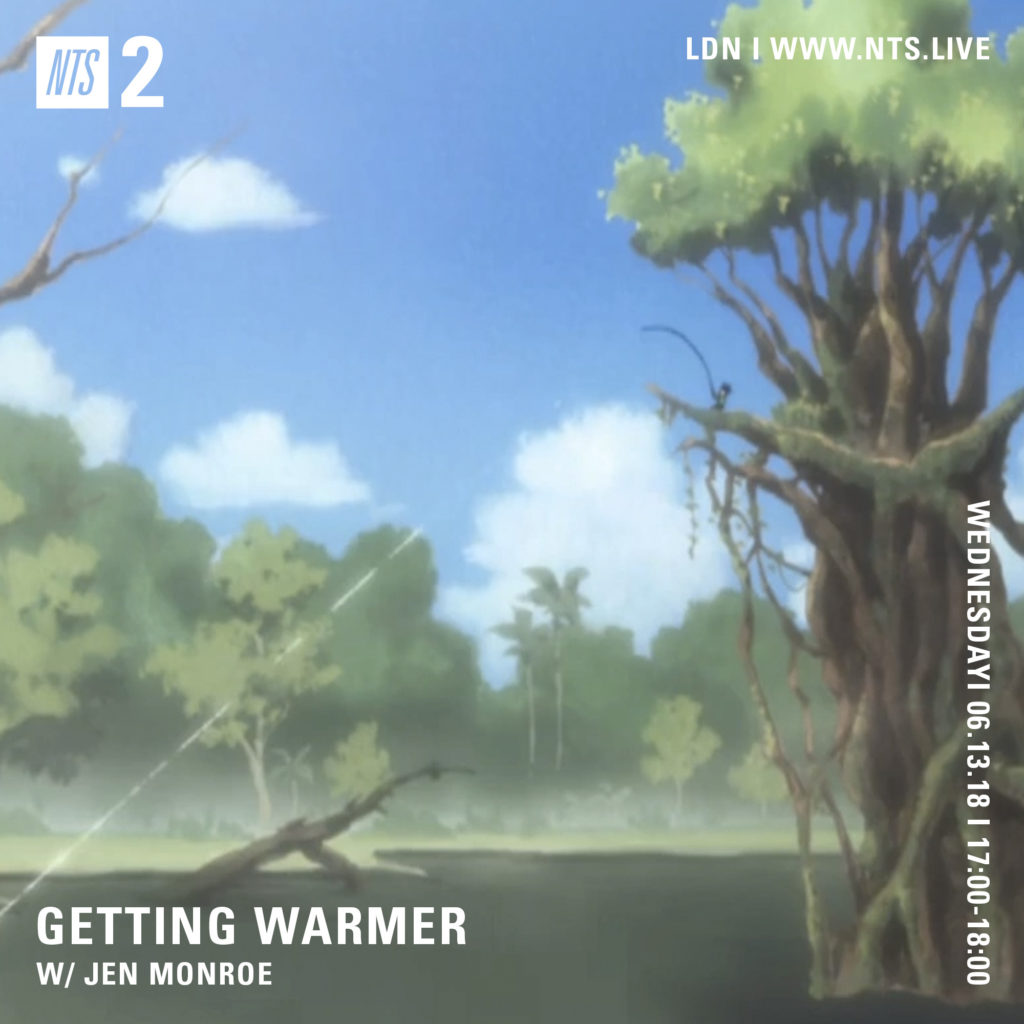
Ok, so: in full disclosure, over the past few years I’ve been feeling increasingly disenchanted with a lot of music that is described as “fourth world”: effectively, music that loosely traffics in the traditions and aesthetics of the global south, but reimagined through the lens of “advanced” or “futuristic” electronics. It’s a fraught category for several glaring reasons, but even without the self-imposed description, the music itself can, at worst, feel like white people playing under-researched dress-up with bits and pieces of other cultures, often because the musicians are too lazy to come up with something of their own. (And yes, I participate in and celebrate this kind of work on a regular basis! I’m obviously not a passive bystander here.)
I’m not resolving to draw clean lines in the sand about engaging in this kind of thing going forward, because: any attempt to do so would be arbitrary and ridiculous, given that music always involves cross-pollination and borrowing, and much of it is done in good faith and with deep artistic reverence. And because this stuff is messy, and there isn’t always a clearly discernible hierarchy of ethical creativity! And because I love too much of it to ever try to impose one, and because I’m obviously not the right gatekeeper to decide what is and isn’t colonialist.
I’d love to be just a passive set of ears, and to be able to say that I love Total purely for its aesthetic value, regardless of its cultural position. But nothing exists in a vacuum. Total was made by four Germans, and it borrows heavily from across continents: steel drums, didgeridoo, sub-Saharan polyrhythms, maybe a guzheng, a kalimba, Calypso, “from Cuba to Mocambique” [sic]. I’m not going to argue that this is good or bad, but I am going to argue that what Om Buschman brings to the conversation–which may be a sloppy conversation, or possibly even more of a weird monologue–has musical value. These musicians employ a post-Krautrock scronkiness, a Western spiritual jazz ethos, and an extremely stoned sense of humor (I’m pretty sure there’s the sound of a toilet flushing hiding in “Prima Kalimba”) to a largely percussive record. The effect is, to me, a synchronicity that exceeds copy and pasting. It’s perfectly stuporific, sprawling, foggy. Luckily we don’t have to choose between listening to Nigerian apala, Cuban jazz, or something like this, because they’re not the same and there’s no comparison. But perhaps for a new listener, one can be an entry point to another.
If I sound defensive, it’s because I’m still not sure how I feel about the whole thing, and because I have a knee-jerk reaction when music that isn’t made by a literal tribe of people is described as “tribal.” But I like the music! It’s deeply purple, playful, and very trippy. It borrows from, but it becomes something wholly different along the way. So here you go; maybe you’ll love it too.
